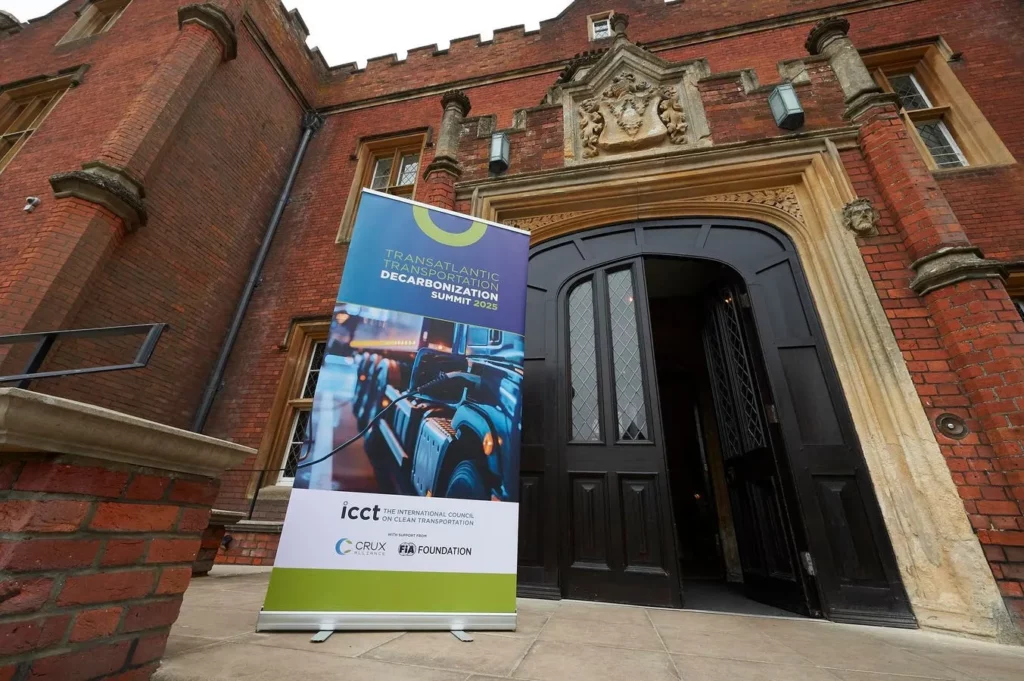
Three Electric Vehicle Leaders Emerge Amid US Retreat
The recent Transatlantic Transportation Decarbonization Summit hosted by the International Council on Clean Transportation (ICCT) at Latimer House in Buckinghamshire, UK, brought together leading policymakers and analysts to explore global developments in the transition to clean transportation technologies and systems. The event underscored a stark contrast between countries embracing clean energy and the United States’ recent retreat from its own commitments.
While the US is dismantling policies that drove American leadership in clean transportation technology, other nations are accelerating innovation by creating market conditions that drive growth. Chile, the UK, and Norway have emerged as electric vehicle leaders amid this US retreat, showcasing distinct yet complementary approaches to a cleaner future.
Chile’s remarkable progress in transforming urban transit stands out, with nearly 4,500 electric buses expected to be in operation by the end of 2025. This ambitious effort will significantly reduce emissions and operating costs compared to diesel-powered vehicles. Chile’s commitment to renewable energy investments, including green hydrogen projects, positions it as a global leader in this space.
In contrast, the UK has taken a different approach by providing regulatory certainty through its zero-emission vehicle mandate, requiring 80% of new car sales to be electric by 2030 and 100% by 2035. This clear policy direction has boosted EV sales, with 28% of new vehicles sold being battery electric or plug-in hybrid in 2024.
Norway, meanwhile, has achieved remarkable results through its comprehensive support for clean transportation. The country’s Parliament set a goal to have all new car sales be zero-emission by 2025 and has invested heavily in expanding public charging infrastructure, with over 25,000 points installed. This network of interconnected policy has led to widespread adoption of electric vehicles, with nearly 90% of new cars sold being fully electric as of 2024.
The stark contrast between these countries’ progress and the US’s retreat from clean energy commitments highlights a crucial lesson: policy drives markets, certainty attracts capital, and goals galvanize industries. These nations are not waiting for perfect technology or ideal economic conditions; they’re creating market conditions that accelerate innovation.
It is essential that US policymakers take heed of this global clean transportation shift and adapt their approach to align with the rest of the world.
Source: www.forbes.com


